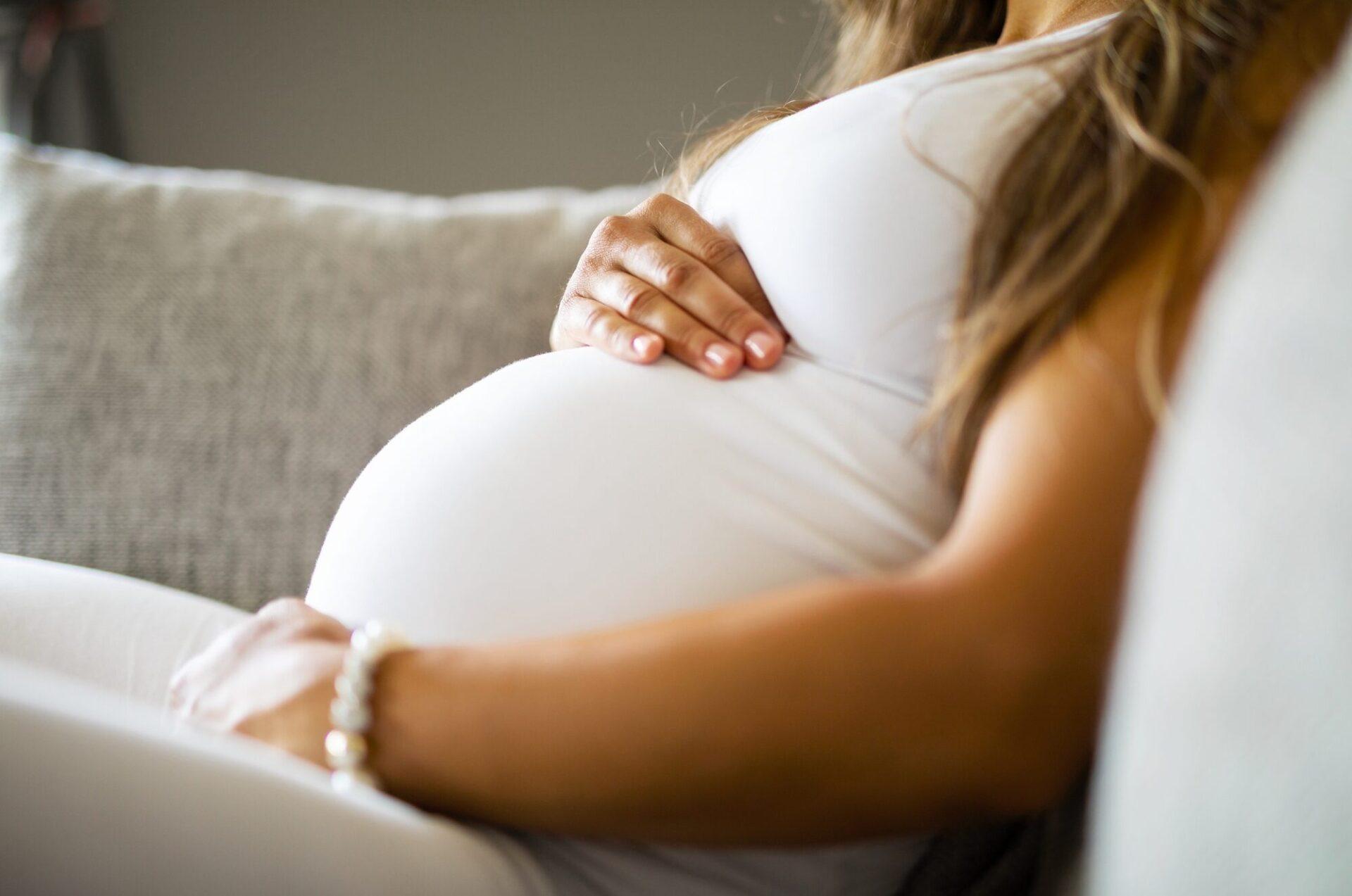Written by Ms Rhona Flemming for Doctify
Fibroids are benign (non-cancerous) growths within the uterine muscle. They are extremely common, with approximately 50% of women having fibroids in their lifetime, but most as small and symptomatic.
Some women remain concerned that fibroids may interfere with their chance of conceiving, having a healthy pregnancy and giving birth.
In this article, Consultant Gynaecologist Ms Rhonda Flemming responds to these concerns and explains how best to optimise pregnancy outcomes.
Can Fibroids Affect the Chances of Getting Pregnant?
Fortunately, in most cases, fibroids don’t usually interfere with the chances of getting pregnant. Most fibroids are small and therefore do not interfere with the cavity of the uterus or the fallopian tubes. However, there are a few cases in which fibroids can interfere with conception and this is largely down to the location of the fibroid.
Submucous fibroids (those which encroach on the uterine cavity) can sometimes affect the process of implantation. This can lead to sub-fertility and sometimes early pregnancy loss. Fibroids in the upper corner of the uterus (known as the cornual region can occasionally obstruct fallopian tubes and can be a cause of tubal factor subfertility (female infertility caused by disease, damage or obstructions). Similarly, very large fibroids and an enlarged uterine cavity can be a cause of not getting pregnant.
In summary, if the fibroids are small, the uterine cavity is normal and the fallopian tubes are open (‘patent’) there is no cause to worry.
Can Fibroids Interfere with Pregnancy?
Fibroids usually cause no problems with pregnancy but can sometimes be associated with risk during the antenatal period, labour and postpartum. Fibroids can increase the risk of early pregnancy loss and preterm birth, especially if they are large or interfere with the uterine cavity (submucous fibroids).
During pregnancy, fibroids can grow in size due to changes in hormones. This can lead to increased discomfort and can also be associated with ‘red degeneration’, this is where the rapid increase in the size of the central area of the fibroid does not get enough blood supply and undergoes necrosis (dying). This is associated with pain and tenderness over the fibroid. Sometimes admission to hospital and rest is requested for pain relief, anti-inflammatory and supportive treatment.
Can Fibroids Interfere with Childbirth?
The effect of fibroids on childbirth largely depends on the fibroid size and location. Fibroids in the lower part of the uterus can lead to fetal malposition such as transverse (sideways) or breech position, necessitating a Caesarean Section. C -Section can sometimes be difficult and complex due to the location of fibroids.
Post-delivery, fibroids can interfere with the contraction of the uterus leading to post-partum haemorrhage. However, most small fibroids do not cause a problem.
What Can be Done to Optimise Pregnancy Outcomes?
A consultation with a gynaecologist and an ultrasound scan is often required to make an assessment. If the fibroids are found to be large or within the uterine cavity, further assessment or intervention may be necessary. Fibroids may be associated with anaemia and correction of iron levels may be required before embarking on pregnancy.
Surgical removal of submucous fibroids is associated with an improved pregnancy outcome and there should be no increase in risk during future pregnancy or labour. However, some surgical procedures may mean that natural labour is not safe, your surgeon will be able to advise you if an elective C-Section is required.
How Long Should You Wait After Surgery to Try for a Baby?
If you are thinking of conceiving post fibroid removal surgery, you should discuss with your surgeon who can advise when it is safe to start trying. In general, it is wise to wait for a year post a myomectomy procedure and 3 months after a hysteroscopic procedure.
If you have any further questions or would like to book an appointment with one of London Gynaecology‘s consultant gynaecologists please give us a call on 0207 10 11 700. If you would like to read more about fibroids and the possible treatment options please head to our specialist London Fibroids website.



